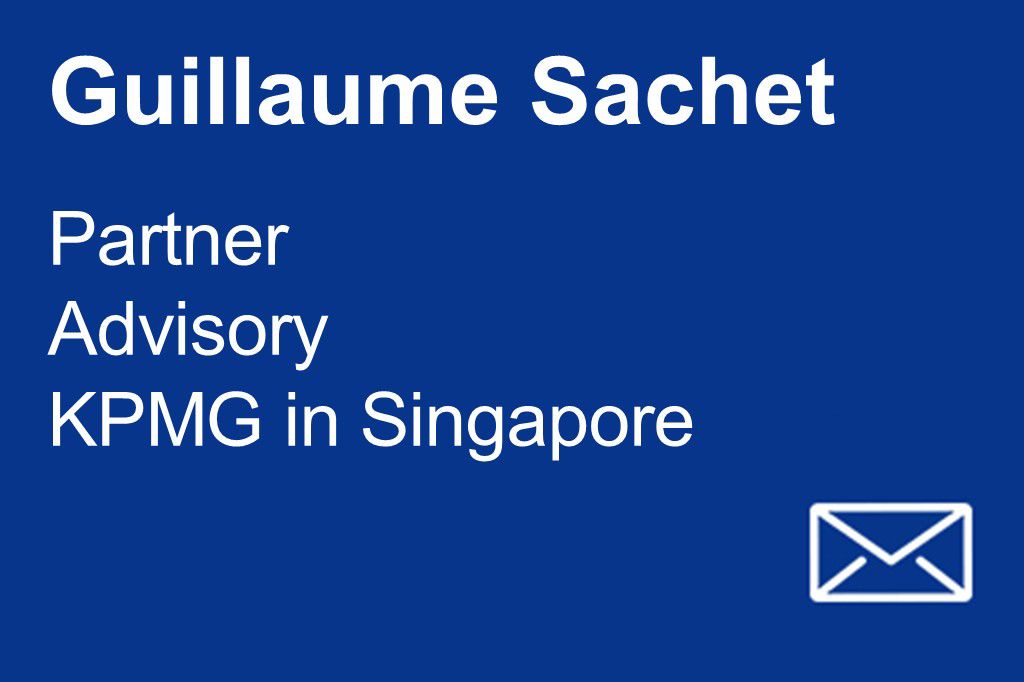Asia’s population is ageing rapidly. By 2030, most member countries in the Association of Southeast Asian Nations (ASEAN), including Vietnam, Malaysia and Indonesia, will become ageing societies, while Singapore and Thailand will become aged ones. This has implications for their economies, social spending programmes and retirement schemes.
Against this backdrop, the World Health Organisation (WHO) has dedicated the years 2021 to 2030 as the Decade of Healthy Ageing to promote health throughout life, especially among the elderly. This could be done by introducing preventive care mechanisms, such as health screenings and vaccinations. One challenge identified is that despite the benefits of vaccinations being widely recognised in public health interventions, the average global immunisation uptake remains slow, especially among ASEAN member countries. Under-administration of vaccines, such as the influenza and pneumococcal vaccines, for the elderly counts among the key issues countries face.
The COVID-19 pandemic has amplified the focus on global healthcare systems and delivery, especially for vulnerable groups such as older people. This lends further impetus to the need to reconfigure national approaches to foster healthy ageing.
The EU-ASEAN Business Council, with the support of KPMG in Singapore, Sanofi, and the Western Pacific Pharmaceutical Forum, have gathered insights from across the ASEAN region on the topic of healthy ageing with a focus on the role of life-course immunisation. This report identifies some of the barriers to overcome such as lack of awareness, vaccine hesitancy as well as financial obstacles, while also outlining recommendations for government, corporate and citizen-led initiatives.

